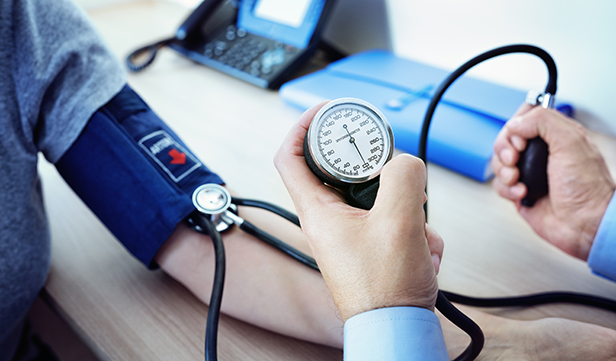One in three adults in the U.S. has high blood pressure, but only about half have it under control. High blood pressure—or hypertension—can damage your blood vessels and lead to serious health problems, including kidney failure. It also increases your risk of having a heart attack or stroke. The good news is that if you’ve been diagnosed with high blood pressure, you may be able to lower it naturally, without medication. It’s as simple as making five lifestyle changes.
- Home
- 2025 Plans(external link)
-
High Option 2024
Consumer Driven Option 2024
- PSHB Program
-
High Option
Consumer Driven Option
All Members
- Change your address
- Order Claim Forms
- Form 1095-B
- Health Risk Assessments
- HIPAA Privacy Forms
- Notice of Privacy Practices
- Advance Directives
- Complaints and Grievances
- Member Rights and Responsibilities Statement
- Coordination of Benefits
- Surprise Billing Notice
- APW-ABA(external link)
- FSA Feds(external link)
- OPM.gov(external link)
- PostalEase(external link)









